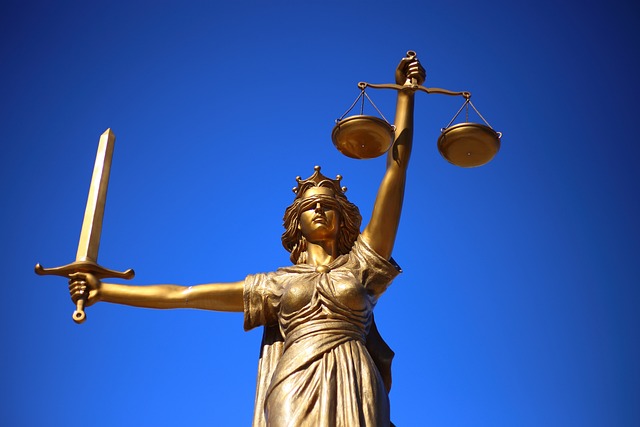
Natural justice is a common law idea that refers to higher procedural standards that the courts have set and that all judicial, quasi-judicial, and administrative bodies must abide by when making decisions that have a negative impact on a private person’s rights. Equality, equity, and fairness are predicated on natural justice.
The function and authority of administrative bodies are expanding quickly in a welfare state such as India. If the State’s apparatus is not tasked with carrying out these duties in an equitable and just way, the notion of the Rule of Law will become meaningless.
nemo judex in causa sua meaning
This doctrine means that no one shall judge his own case, or the body making the decision must be unbiased and devoid of prejudice.
This doctrine is also known as the rule against bias. This guarantees that the decision-maker must continue to be impartial and fair. A person who has this bias is ineligible to serve as a judge for two reasons:
- No one should hold a judicial position in and of itself;
- Not only is justice necessary, but it is also perceived to be applied. Decision-making processes can be tainted when the circumstances in front of the official become distorted or serve a different objective.
nemo judex in causa sua example
Example: In the district court where ‘A’ is being charged with murder, ‘A’ is a judge and the father of ‘B’. It is important to remember that because ‘A’s own son is being accused in this case and personal prejudice is certain to intrude, he is ineligible to judge this case.
nemo judex in causa sua cases: Landmark Rulings
- In the case of Yunus Khan v State of Uttar Pradesh & ors., it was decided that the Nemo judex in causa sua principle would be upheld and that a judgment or order made in such a case would not be enforceable because the accused party is the judge, has a fiduciary relationship with the adjudicator, or is otherwise likely to cause bias in the adjudication process.
- In the case of Sri K. Vijaya Bhaskar Reddy v Govt of Andhra Pradesh & ors., it was noted that the prohibition against bias is crucial to the principles of equity and justice. The ruling said as follows: “A judge is not entitled to decide any case in which he may be biased, or may reasonably be suspected of being biased.” This regulation is so crucial that it should take precedence over a parliamentary act.
exceptions to nemo judex in causa sua
- In Statutory Exceptions: This particular exception acknowledges that the legislature might have valid reasons, such as accelerating the process of making decisions or achieving a specific policy goal, for waiving the norm of natural justice in some circumstances. However, the decision-maker ought to continue to behave fairly and reasonably as well as take into account all relevant circumstances before making a decision, even in situations when the legislature has itself eliminated the immense necessity of natural justice.
- In Emergency Situations: In an emergency situation or to safeguard national security, the natural justice principles may be altered or suspended to enable prompt action. The law now excludes the right to be heard in emergency situations in order to facilitate the government’s smooth and seamless operation. This suggests that the use of natural justice principles would not be applicable to any hearing or procedure that endangers the interests of the general public.
- In Exception of Waiver: The exception acknowledges that there may be valid justifications for parties to give up their claim to natural justice, such as a desire to move quickly to reach a resolution or prevent needless delays. It is crucial to remember that the waiver needs to be informed and voluntary. If someone was forced or deceived into giving up their right to natural justice, that person cannot be considered to have done so.
The natural justice principle “Nemo judex in causa sua” states that when it is broken, the right to equality is also violated. Every nation on the planet, including India, has a legal system that carries out the administration of justice and affects the lives of its citizens.
The fundamental procedural rights that administrative as well as judicial agencies are required to uphold when making decisions that impact the rights and interests of individuals are known as the principles of natural justice. They are a vital part of the rule of law and work to guarantee impartiality and fairness in the processes that lead to decisions.
In addition, the procedure must be open and understandable to all involved parties so that they may comprehend the reasoning behind the choice. To guarantee that judgments are made without bias or influence, the decision-makers should be impartial and independent.









